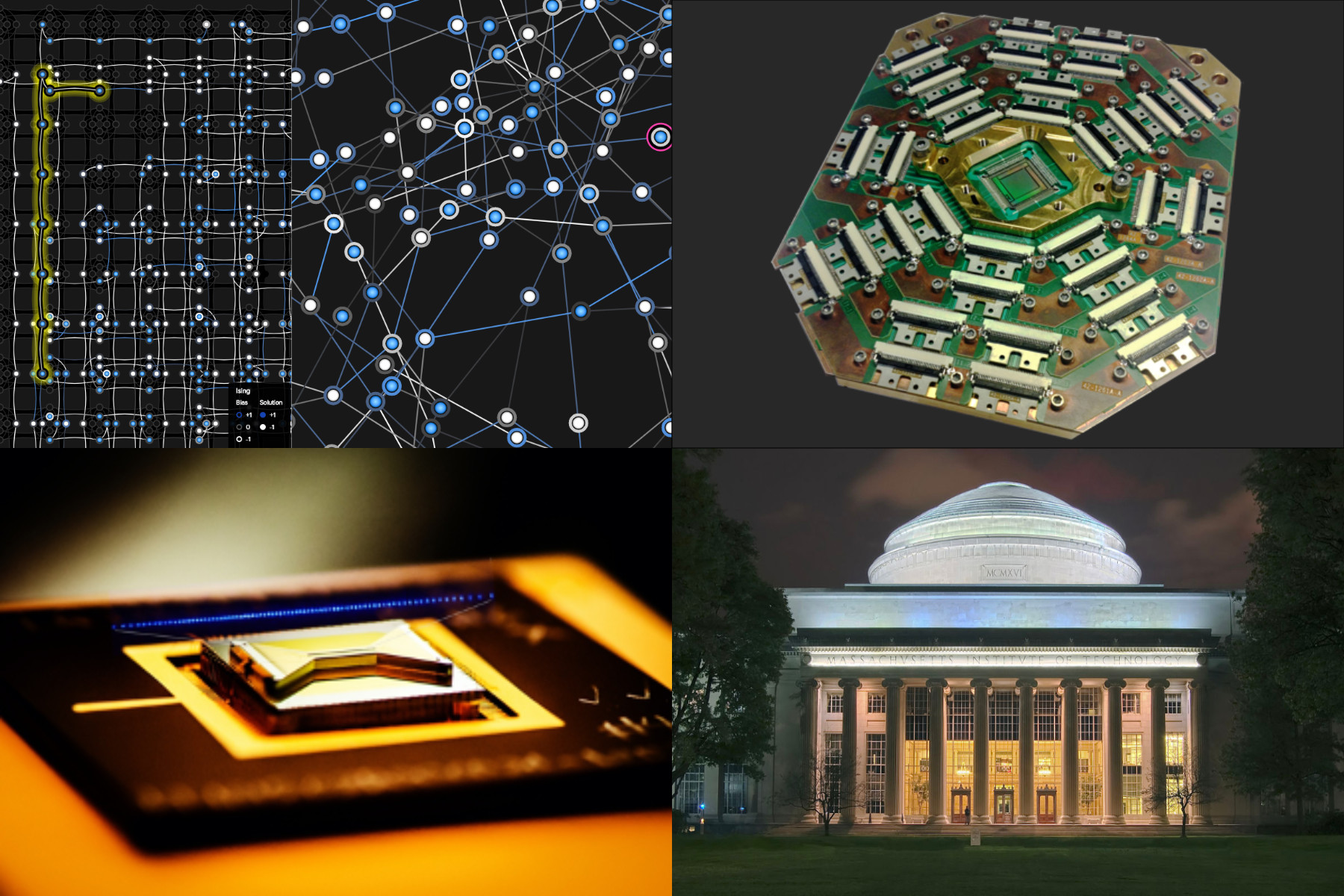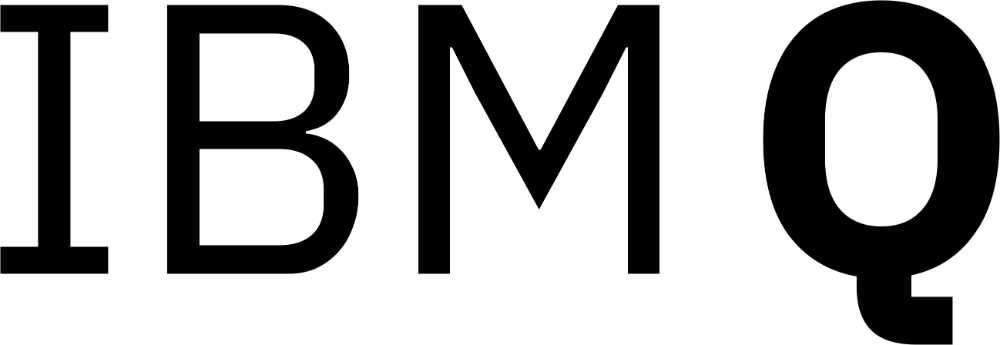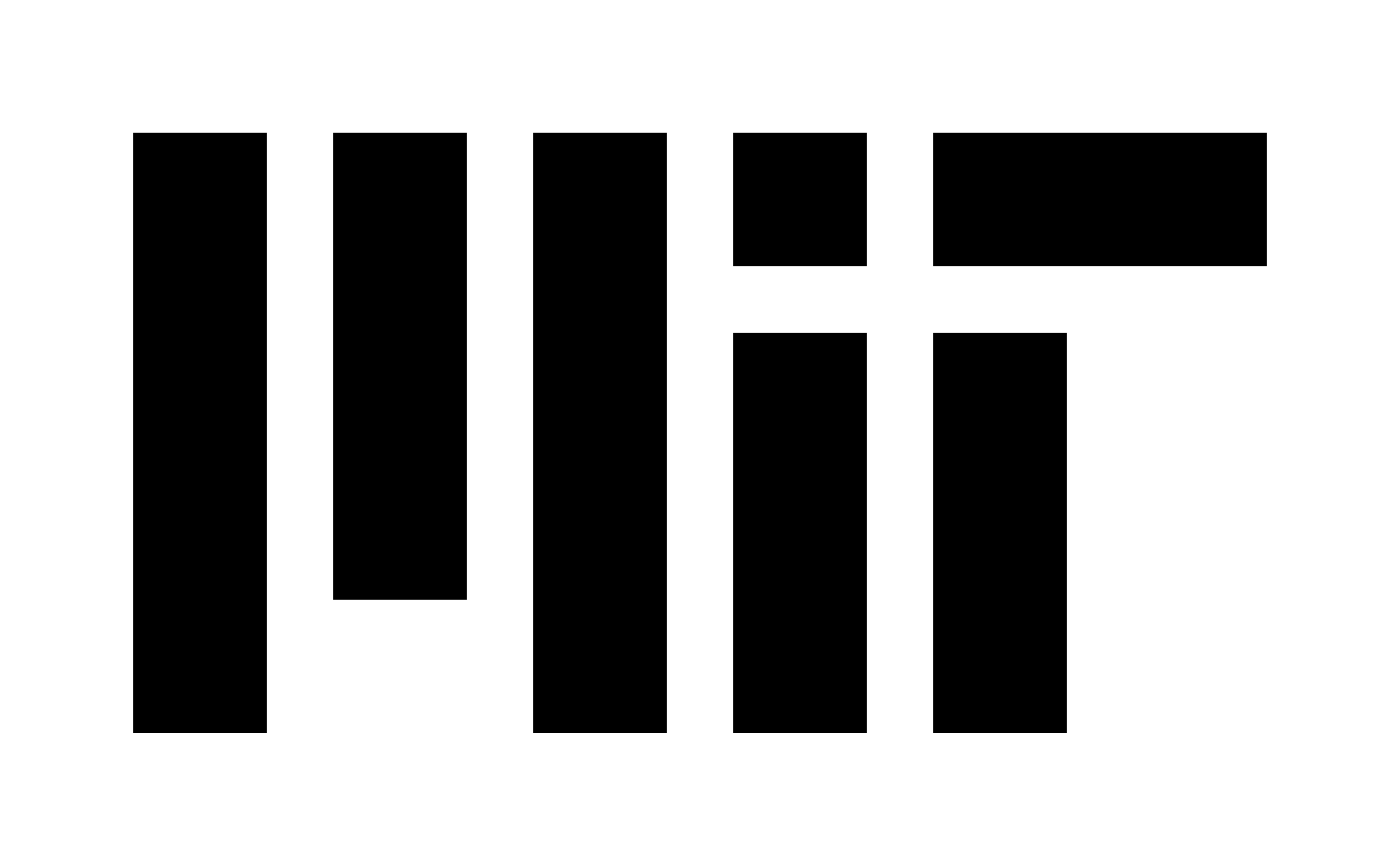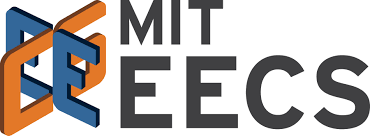Results
iQuHACK (interdisciplinary Quantum HACKathon) 2021 was held in January 2021, and was MIT's second annual quantum hackathon. In addition to a two-day virtual hackathon, iQuHACK offered a quantum workshop prior to the hackathon that focused on the properties and applications of NISQ devices. Participants were sorted into three divisions -- quantum annealing, quantum computing, and an advanced hybrid division.
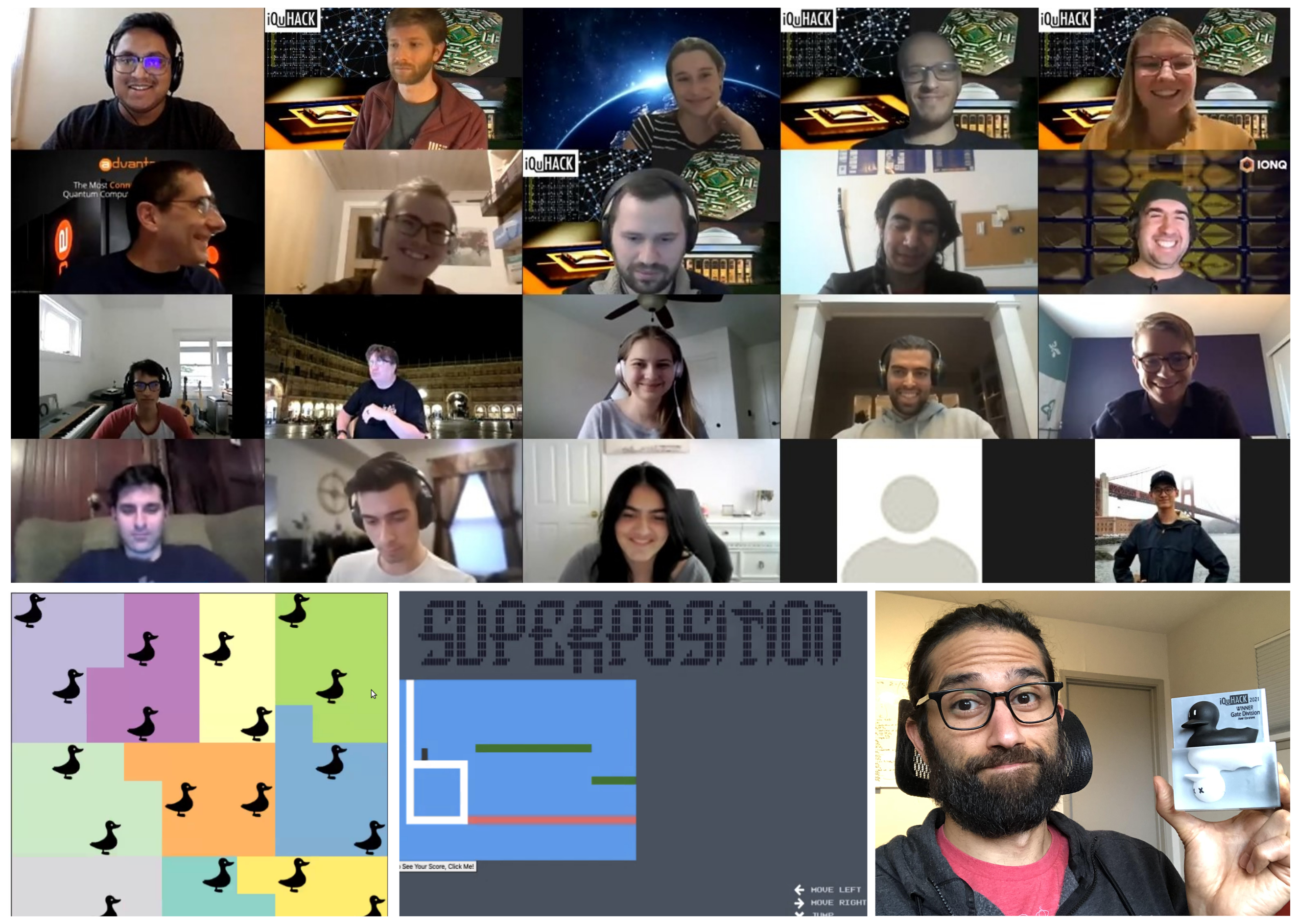
You can read about the 2021 iQuHACK winners and all of the submitted projects on Github.
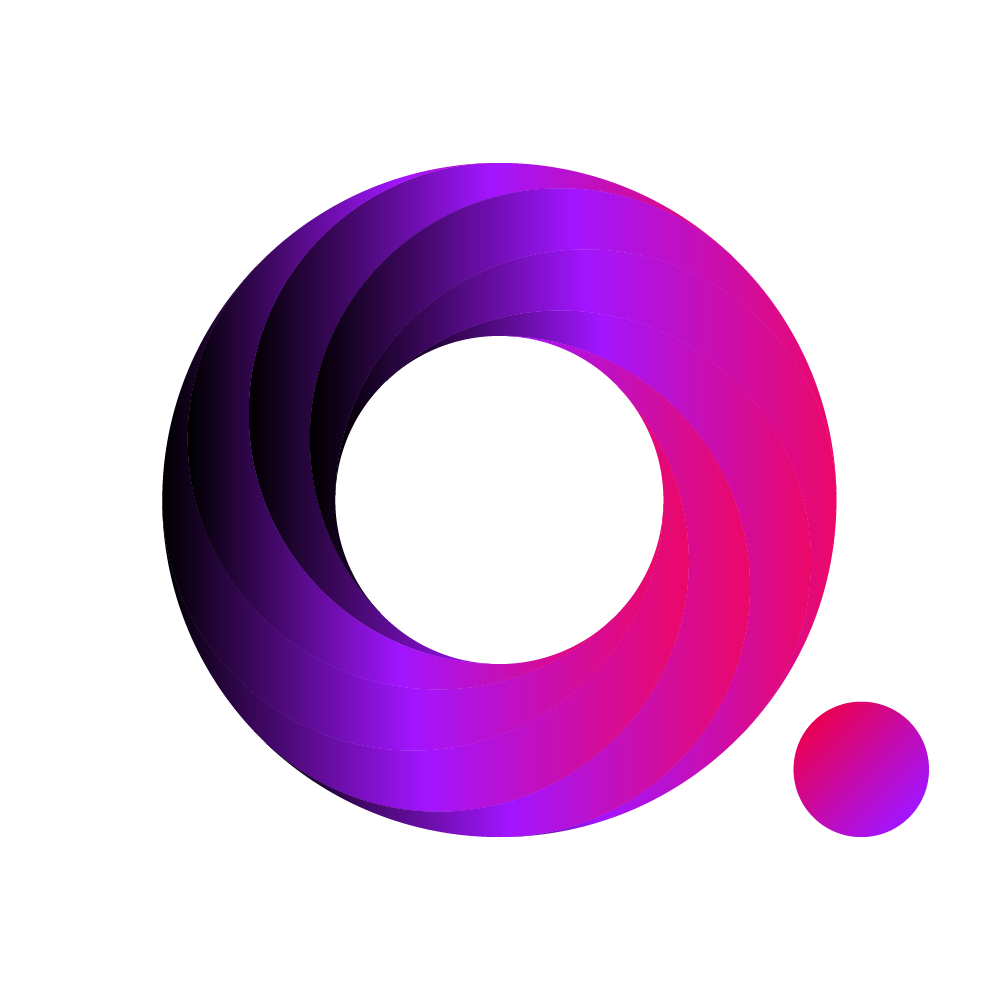
This year, qBraid generously developed an iQuHACK environment containing all of the packages and dependencies necessary to develop projects in any division. Thanks, qBraid!
| Tutorials: | January 29th |
| Hackathon: | January 30th-31st |
| Location: | Online |
FAQ
- What is MIT iQuHACK?
A hackathon is a focused, multi-day event where participants work collaboratively to create code-based projects. MIT iQuHACK is a hackathon focused on learning what quantum computers are and how to use them. We are offering two divisions in 2021: one based on gate-based quantum computing division, and another based on quantum annealing. No matter which division you choose, you will have the opportunity to run your programs on real quantum hardware!
- When and where will MIT iQuHACK happen?
- MIT iQuHACK will be held January 31-February 2, 2025. This year, you can participate in one of two components: (1) an in-person hackathon working on real quantum hardware or (2) an online hackathon working on simulator-based challenges. The in-person hackathon will be hosted on MIT’s campus in Cambridge, Massachusetts. The exact details of event locations will be announced to accepted participants. All workshops and talks will be broadcasted where online participants can tune in. All active sessions will take place in Eastern time.
- Who can participate in iQuHACK?
- iQuHACK is open to all students (high school, undergraduate, graduate), non-faculty university affiliates (e.g. post-doc) and professionals that registered and were confirmed (via email) for the event. Registration will close on the date indicated at the top of the page. No (virtual or in-person) walk-ins will be permitted.
- Do I have to pay to participate at MIT iQuHACK?
No, participation in iQuHACK is free!
- How do I sign up for MIT iQuHACK?
You can sign up at the link above or directly via this form.
- What do I get for participating at MIT iQuHACK?
MIT iQuHACK's goal is to extend your quantum computing knowledge and give you experience using some of the world's most advanced quantum hardware. You'll get the opportunity to learn from experts and network with other individuals interested in quantum computing. Last but not least, you'll have a shot at winning cool prizes and swag!
- How can I prepare for MIT iQuHACK?
An optional workshop will be offered on Friday, January 29 to provide you with a basic introduction to quantum processing and how to interface with quantum hardware. Basic familiarity with Python is required.
You can also prepare on your own using online resources but remember, in the interest of fairness, you can't start working on your project for the hackathon before it begins!
- What programming languages are allowed?
If you are in the annealing division, you will use Ocean . If you are in the gate-based computing division, we highly encourage you to use Python and Qiskit.
- How will the teams be formed?
Teams must have at least 3 members and no more than 5 members. Participants are welcome to form teams on their own prior to the event; however, there will be a period at the beginning of the event for team formation.
- What should I have prepared for iQuHACK?
You should have an internet-enabled electronic device that will allow you to write python code (e.g. laptop). If you are in the gate-based division, we highly recommend that you install and test the Qiskit python package ahead of time.
- Who is hosting MIT iQuHACK?
iQuHACK is hosted by MIT's Interdisciplinary Quantum Information Science and Engineering (iQuISE) program, a student led organization of graduate students and post-docs with research interests in experimental and theoretical quantum information science, computation, and communication. For more information about iQuISE send an email to iquise-exec@mit.edu or visit www.iquise.mit.edu.
More questions? If you have a question not answered by the FAQs or the introduction above, feel free to send an email to iquhack@mit.edu.
iQuHACK Organizing Committee
Maddie Sutula, Michael Walsh, Carlos Errando Herranz, Luke Qi, Amir Karamlou, Ben Lienhard, Eric Bersin, Yuan Lee
Platform Sponsors
Sponsors
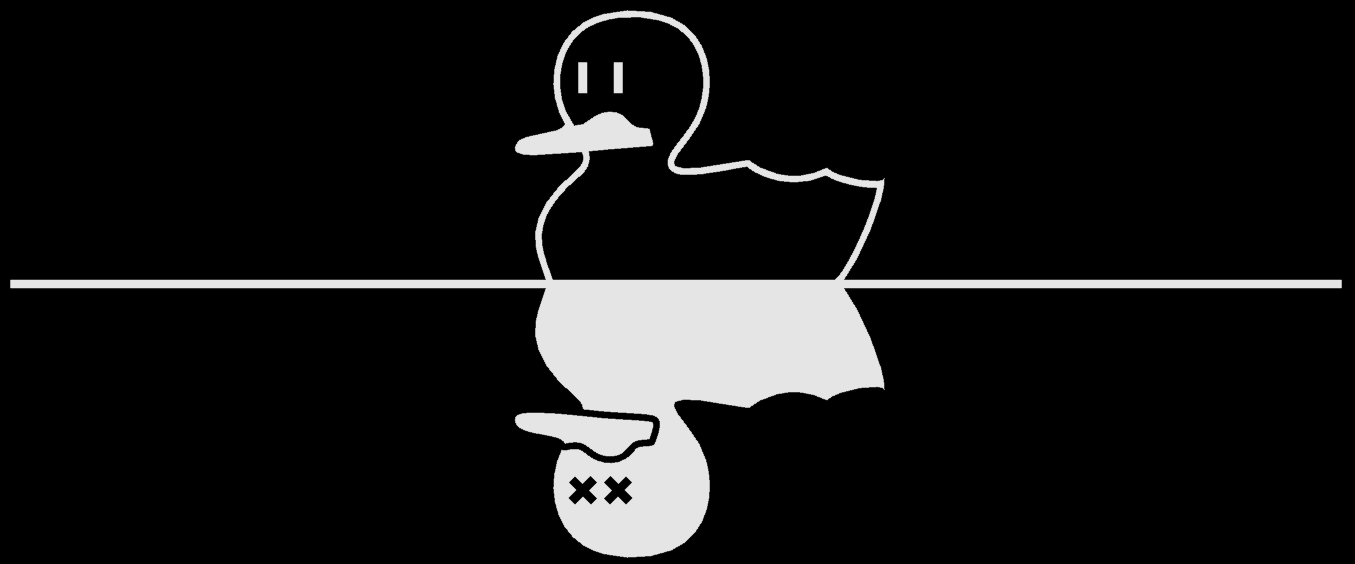 Go to previous hackathon
Go to previous hackathon
